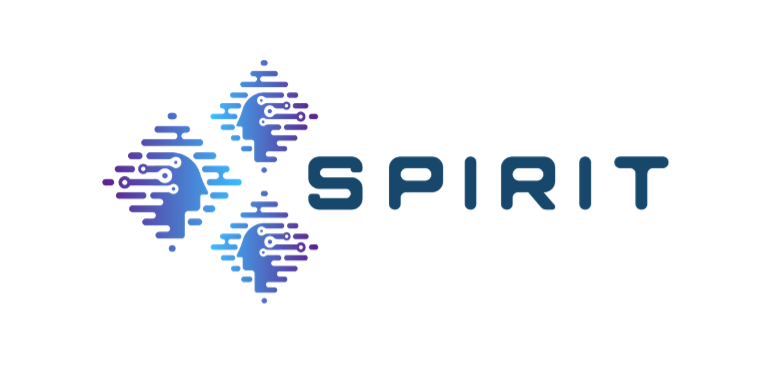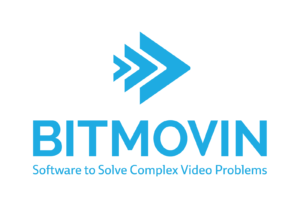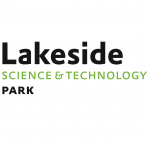Summer School on Adaptive Streaming over HTTP and Emerging Networked Multimedia Services
July 13-17, 2020 | Klagenfurt am Wörthersee | Austria
https://athena.itec.aau.at/summer-school-2020
Introduction

© Steinthaler/KW
Real-time multimedia information and entertainment services – specifically, streaming of digital video and audio content – account for the majority of today’s traffic in the Internet, and their amount and share of traffic are still growing. Users expect to generate, distribute, share, and consume any media content, anywhere, anytime, on any device, in high quality. Although global Internet and individual users’ data transmission rates (“bandwidth”) have been growing exponentially for many years, the growing number and variety of media services, higher spatial video resolutions, more immersive types of media, e.g., 360-degree video, and higher quality expectations of users have led networked media applications to fully utilize the available bandwidth or even to operate under (temporary) bandwidth shortages. For real-time media transmission over the open Internet, a major technical milestone certainly was the advent of the HTTP Adaptive Streaming (HAS) technique. HAS is being widely deployed in the industry today and has been standardized, e.g., as the ISO/IEC MPEG Dynamic Adaptive Streaming over HTTP (MPEG-DASH) standard. While most HAS-based media services work fine even under bandwidth limitations and fluctuations, there are big challenges for multimedia systems, e.g., the tradeoff between increasing content complexity, new requirements w.r.t. time (latency), and quality.
Scope

© Steinthaler/KW
The aim of this summer school to learn about basic and advanced concepts related to adaptive streaming over HTTP and emerging networked multimedia services, targeting the following topic areas:
- multimedia content provisioning,
- content delivery, and
- content consumption in the media delivery chain as well as for
- end-to-end aspects, with a focus on, but not being limited to, HTTP Adaptive Streaming (HAS)
with a particular focus on gaming- and learning-based approaches related to the topics areas identified above and possibly also beyond.













